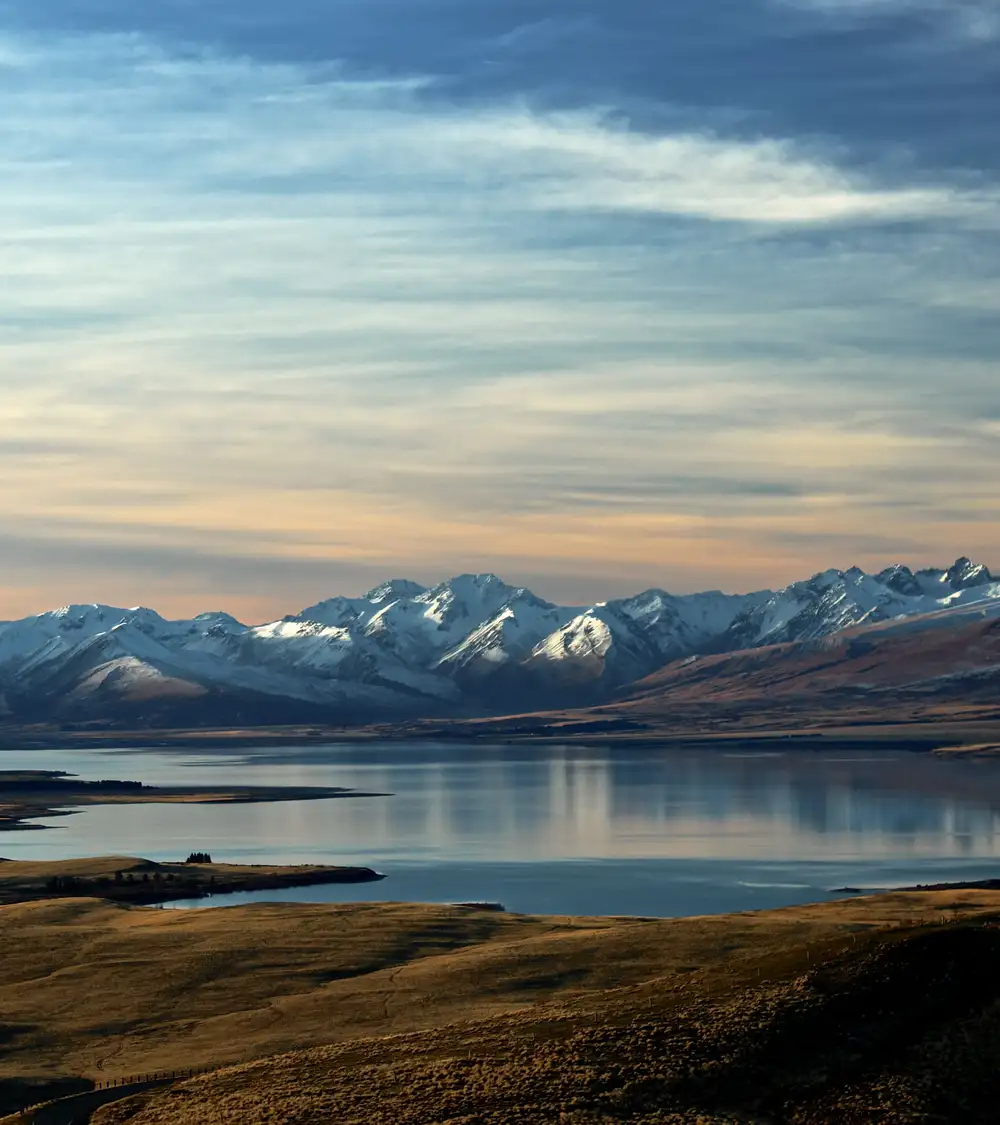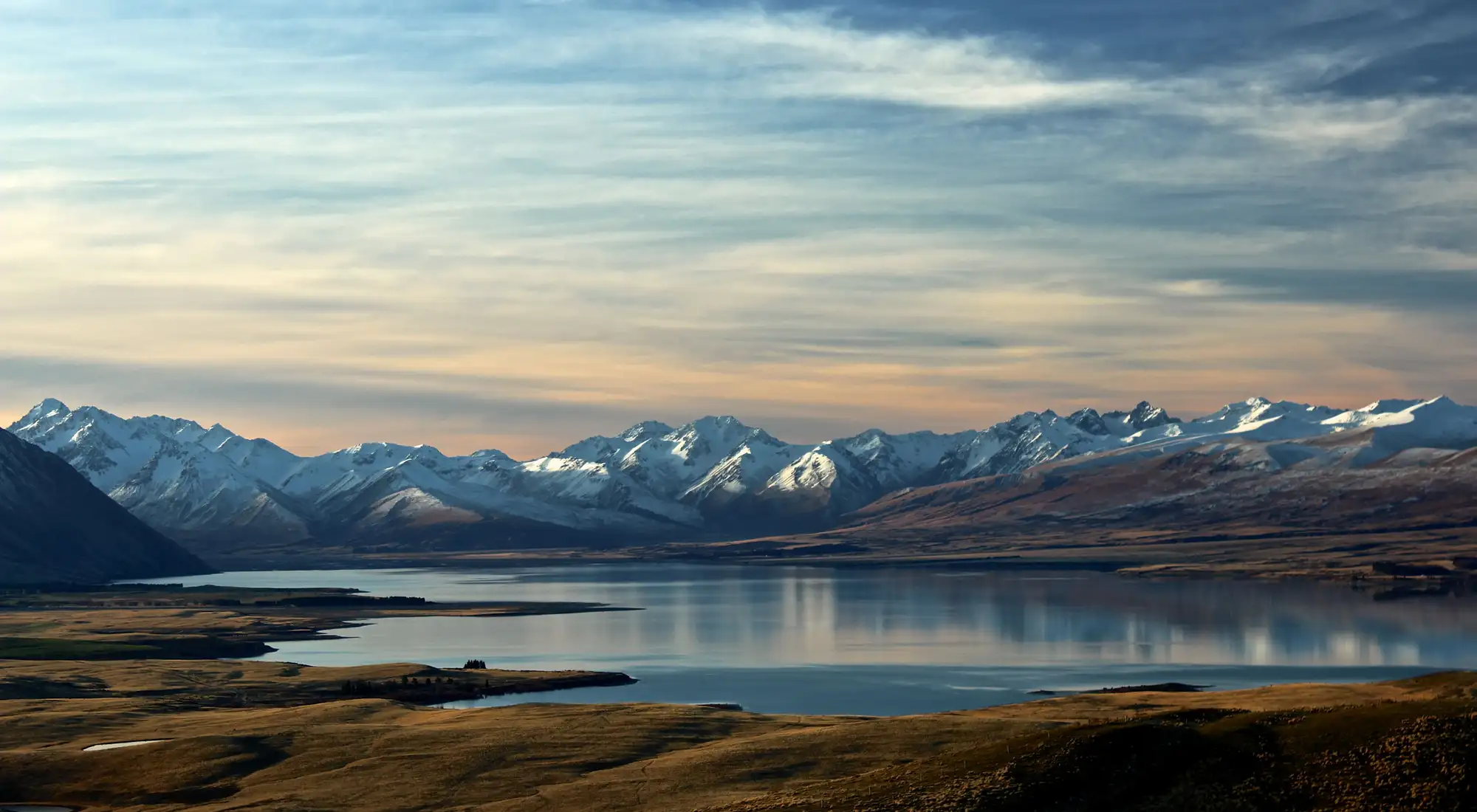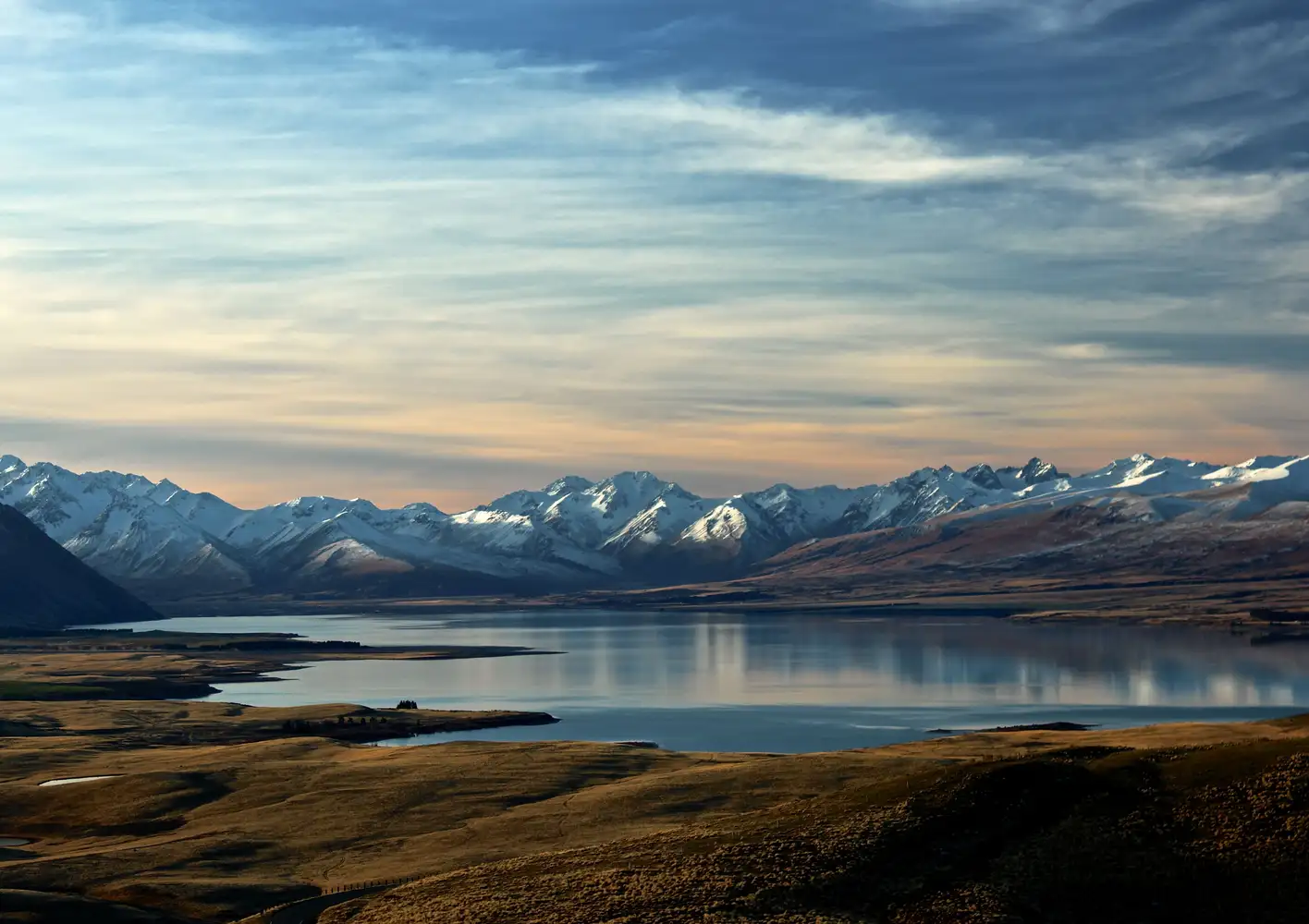Council case studies highlight need for speed on climate change adaptation



11 August 2020
LGNZ's report on the impacts of climate change illustrates how challenging it is for councils grapple with the issue of adaption.
Local Government New Zealand’s new report on three communities’ fight against the impacts of climate change illustrates how challenging it is for councils grapple with the issue of adaptation without the policy tools and national guidance they need to do the job.
LGNZ is the peak body representing New Zealand’s 78 local councils, providing a unified voice for the sector and a pathway for continuous improvement through CouncilMARK™.
The case studies focus on three areas affected by climate change; the Ruawai Flats of Kaipara, South New Brighton and Southshore in Christchurch, and South Dunedin. Although all three case studies focus on the issue of coastal inundation, each of the three communities and their respective councils are at different stages of their climate change adaptation planning.
However, a common theme was that the task of engaging with affected communities on the range of tough choices ahead of them was made more challenging by the lack of any material policy direction, resourcing, or guidance from central government.
Councils typically work within tight policy frameworks provided by central government. However, on the national issue of climate change adaptation, they are working in a policy vacuum, leaving each community to pave its own way in dealing with a national issue.
“We acknowledge the Government's leadership on climate change mitigation, but as a nation we can’t pat ourselves on the back and say ‘job done’,” says LGNZ President Dave Cull. “We need to urgently address the lack of adaptation policy if we are to make communities more resilient to the risks we know are already baked into the system, whether they’re sea level rise, increased flood risk and storm events, or droughts in the summer.”
“Our case studies show that without clear direction from central government, and the policy tools and funding to match, councils and communities will be mired in litigation, uncertainty and greatly increased costs.”
The release of the case studies come less than a week after central government released, its National Climate Change Risk Assessment, which lists the environmental, social and economic risks New Zealand faces as a consequence of climate change.
However, it does not provide any policy direction, which will be developed through the National Adaptation Plan process over the next two years. Only once this is complete will central government begin to consider its policy options and set a legislative timeline.
Mr Cull says that under the current plan councils and their communities will have to wait at least five years before any help comes, which he said was “too slow given the problem is on the doorstep already and getting worse with every delay”.
Over the last year huge swathes of New Zealand’s public, as well as respected commentators and observers, have called for action on climate change. Even with this broad consensus, at a national level the legislation needed to guide decision-making and resolution is lacking.
“There have been strong signals from the public at a national level that they want to see action, but at the same time, very little sign from central government on guidelines and support. We’ve had the Coastal Hazard Guidelines for a few years now, and more recently the first National Climate Change Risk Assessment providing a very high level view of the most pressing risks, but the situations faced by councils and communities go a long way past these documents.”
“Councils are in a damned if they do, damned if they don’t situation as it stands. Jack Hodder QC found in his recent legal advice to the local government sector that councils are as much at risk of litigation for the work they do undertake, as for what they don’t do.”
“Setting precedents on climate change adaptation through litigation would be an extremely expensive, divisive way to sort things out – I think it’s in everyone’s interests that central government lead with well-researched policy to set out the roles and responsibilities, funding, and expectations.”
The case studies conclude with a number of recommendations that would assist central government with closing the gulf between the concerns of communities and councils, and their policy.
“What’s needed is a clear policy framework for climate change adaptation that provides clarity around engagement and roles and responsibilities, a central government team of technical and engagement experts, and resourcing for both councils and community groups to assist with their adaptation initiatives,” concluded Mr Cull.